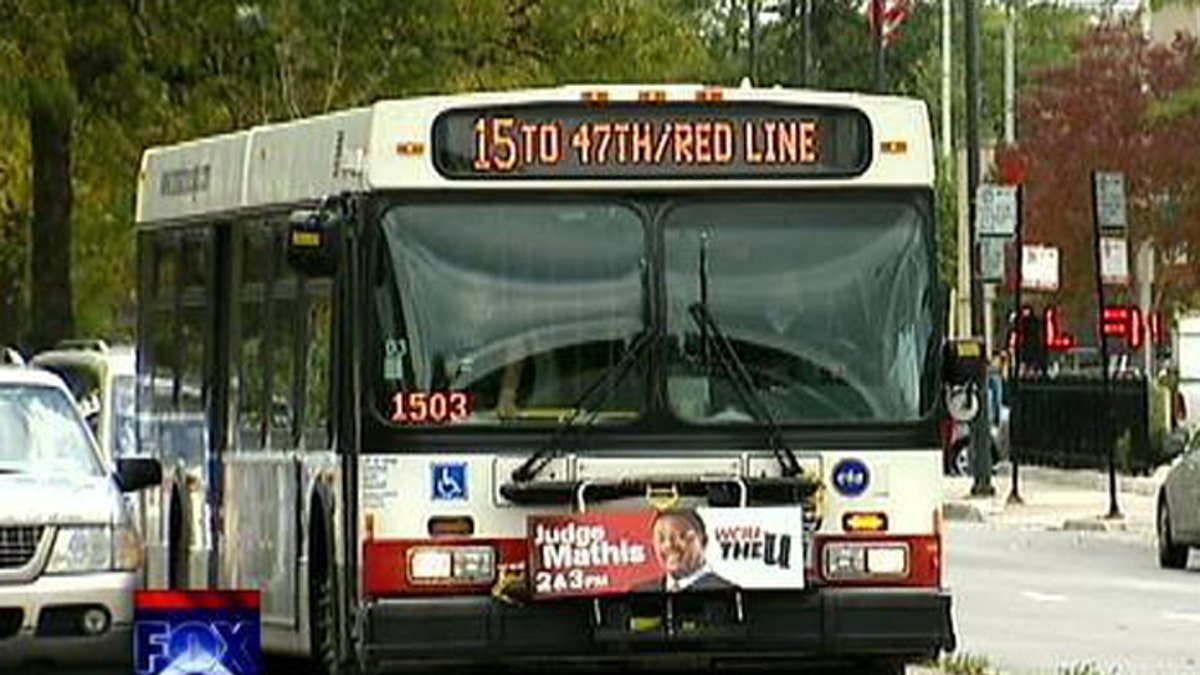
Give 'em an inch, and they'll take a mile.
That appears to be the case in Chicago, where for decades the Transit Authority has been misreporting the mileage for its bus routes, thereby boosting the amount of federal taxpayer subsidies by as much as $150 million -- and now, it seems, with Uncle Sam's blessing.
Taxpayer advocate Cause of Action said a practice by the nation's third-largest transit authority of counting "deadhead," or empty bus travel, when it reports mileage to the federal agency that doles out subsidies continued from 1982 to earlier this year, despite a 2007 state audit that uncovered the irregularity. Although that audit put the "impact" of the misreporting as high as $5 million a year, the Federal Transit Administration, which ordered the CTA to stop the practice earlier this year, believes the amount is much lower -- between $21 million and $24 million -- and is not planning to recoup the money.
[pullquote]
“The Federal Transit Administration’s review of the Chicago Transit Authority concluded that CTA had not properly reported vehicle revenue miles – just one of 21 factors in determining formula funding," FTA spokesman Brian Farber told FoxNews.com. "The FTA demanded that the CTA correct its reporting methodology going forward."
But there will be no penalty, Farber said, because "FTA has no indication that the CTA used any of the formula funds for anything other than eligible purposes to provide needed transit services to the public.”
After learning of the FTA's directive, Cause of Action made a Freedom of Information Act request for results of the 5-year-old, state-ordered audit, which indicated the practice had been going on long before the FTA put a stop to it. The auditor who was commissioned by the state to conduct that probe, Thomas Rubin, said the full amount of money the CTA overcharged cannot be precisely determined.
"It is likely that impact is between well over $1 million to more than $5 million in excess grant funding allocation to this region in FY06, with generally similar or slightly smaller amounts each preceding year since the introduction of VRM as a formula grant “driver” following the passage of the Federal Surface Transportation Assistance Act of 1982," Rubin wrote in his report to the state in 2007.
Cause of Action Executive Director Dan Epstein said the rules for reporting mileage are clear, and even if they weren't prior to Rubin's audit, the agency should have known not to count "deadhead" miles after that. But the FTA's review of mileage records only covered 2011, and ignored the audit as well as the fact that the CTA acknowledged it has long used what the federal authorities now say is an improper mileage count.
“CTA has used the same reporting methodology for nearly 30 years," Chicago Transit spokesman Brian Steele said. "Prior to 2012, CTA counted the miles of buses traveling from bus garages, along a regular service route, to the start of the primary route. Our operating policy is that buses on their way to start primary routes should pick up passengers who request [flag down] the bus at marked stops.”
Cause of Action spokeswoman Mary Beth Hutchins told FoxNews.com the federal agency seems remarkably uncurious about millions in taxpayer money.
"If the FTA knows that this amount was doled out to CTA improperly during one year, why isn’t it investigating previous years to find out if there is more money that has been improperly disbursed?”
The House Committee on Transportation and Infrastructure is aware of the situation.
"The committee is looking into this issue to make sure that Chicago and all communities are playing by the same rules under this program," said Justin Harclerode, spokesman for committee chairman and U.S. Rep. John Mica, R-Fla., chairman of the committee.
The CTA has had some heavyweights at its helm during the years the questionable billing occurred, including current U.S. Transportation Department General Counsel Robert Rivkin, from 2001-04, and Valerie Jarrett, now a senior adviser to President Obama, who was chairman of the agency’s board from 1995 to 2003.
The FTA maintains that it wasn't aware of the overbilling, which it said likely amounted to far less than Rubin's audit stated. An FTA official said improper payments likely amounted to between $700,000 and $800,000 per year, which would, over 30 years, add up to $21 million to $24 million.









































